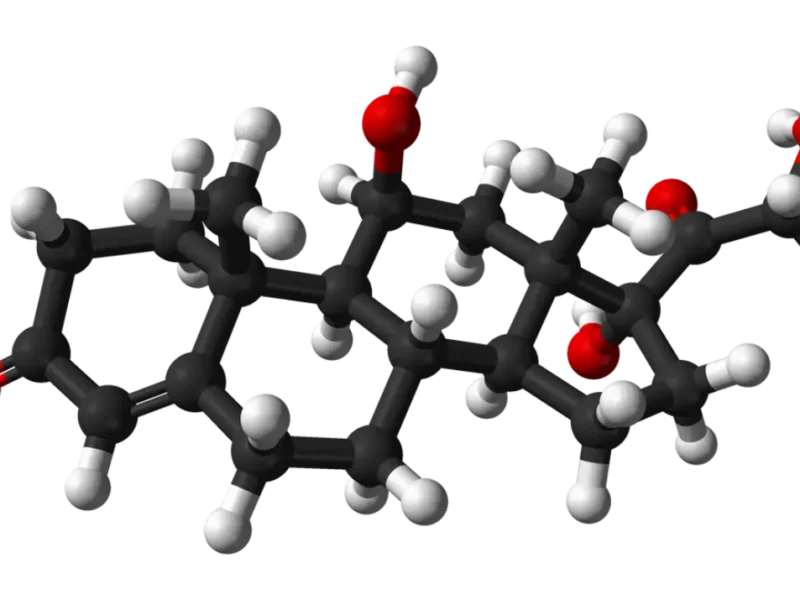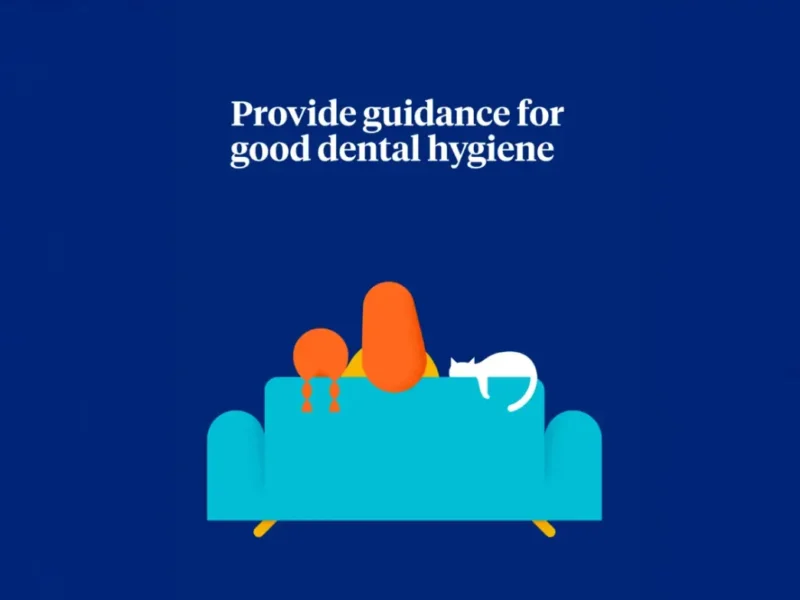
Manage Your Headache
By Dr. Neeladri Misra, Internist, Roseville, CA
Waking up with a headache is one of the most uncomfortable feelings. According to statistics, headaches are the second most common reason patients visit a doctor, after lower back pain. About one-third of adults experience chronic headaches that disrupt daily activities. Fortunately, less than 2 percent of headaches are due to serious conditions.
Identifying Your Headache
Migraines
- Caused by vasodilation (blood vessel swelling) in the head.
- Often accompanied by an aura (e.g., ringing in ears, bright flashes, unpleasant smells), but not always.
- Typically one-sided, causing a dull to sharp sensation.
- Light sensitivity and relief in dark rooms are common.
Non-Migraines
- Include cluster headaches, tension headaches, high blood pressure, low blood sugar, sinus infections, eye strain, and tooth pain.
- Tension headaches often occur at the end of the day.
- Cluster headaches come in episodes over days or years.
- Diabetics should check blood sugar during headaches.
- Withdrawal headaches from caffeine, alcohol, or medication changes.
- Tooth pain and sinus infections can cause headaches.
- Eye strain, particularly in children, can lead to headaches.
What to Do if You Have a Headache
Initial Steps
- Close your eyes, take deep breaths, and take a 15-minute break in a quiet place.
- Massage the headache area with your fingers. Use pain balm or essential oils if available.
For Migraines
- Use caffeine to constrict blood vessels.
- Take acetaminophen (Tylenol) or Aleve (Naproxen) with caffeine.
- If headaches persist for 1-2 days, consult a doctor for Triptans (available in tablets, sprays, and injections).
- Frequent migraines may require preventive medication.
For Non-Migraines
- Eye Strain: Get an eye test to rule out eye problems.
- Sinus and Toothache Headaches: Identify sinus pain by pressing gently. Use steam, a Neti pot, or sinus spray for relief. See a doctor if accompanied by cough or fever.
- High Blood Pressure: Check BP; if above 180 mmHg, seek medical help.
- Tension Headaches: Feel like a band across the head. Treat with caffeine, Aleve, acetaminophen, or a nap. Chronic tension headaches may indicate job-related stress.
- Cluster Headaches: Require evaluation by a physician and possibly a neurologist.
- Low Blood Sugar: Check blood sugar if diabetic. Eat something if you haven’t eaten for a while.
When to Seek Immediate Attention
- Morning headache with vomiting: Could indicate brain tumors.
- Dizziness and headache: Could be inner ear problems, tumors, or infections.
- Pulsating headaches near the eye: Require medical evaluation.
- Headache after head injury: Needs urgent evaluation.
- Headache with vision loss: Could indicate temporal arteritis.
- Strokes: May present as headaches with weakness in hands, legs, or face.
Most headaches will resolve within a few days and don’t warrant any further medical attention. However, certain symptoms warrant immediate medical attention. Understanding your headache type can help you manage it effectively.
(Misra is a hospitalist who is interested in managing diseases through lifestyle changes.)
Manage Your Headache



